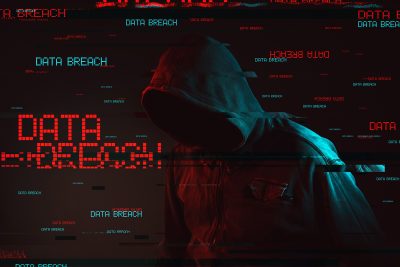This week, the United Nations will begin hearings for its first-ever global cybercrime treaty, concentrating on state replies to cyberattacks and coordinated intelligence sharing. The proposed treaty aims to classify various cybercrimes and create a unified global reaction legally. The United Nations will hold a hearing on the proposed Cybercrime Treaty.
The United Nations General Assembly passed a negotiated settlement on “trying to counter the use of information and communications technologies for malicious purposes” in 2019.
The recent hearing, which will take place in Vienna from January 9 to 20, will concentrate on how states must react to cyberattacks and what steps law enforcement can take to combat crime. During the hearing, the constituent assembly will solicit suggestions from relevant parties, such as state legislators and civil society members.
The proposed treaty defines cybercrime as “criminal offenses committed purposefully and illegally” over information technology devices. It goes on to list a variety of illegal criminal activities. These include, among other things, unauthorized entry, network interference, tampering with hardware or software that compromises critical infrastructure, and the leak of highly classified government data.
The agreement seeks to provide a legal basis for nations to prosecute potential offenders, who may range from advanced country hackers to employees who unlawfully access sensitive government data, by trying to identify and define what constitutes various cybercrimes.
The draught proposal also includes measures that states can implement, such as awarding law enforcement agencies the ability to gather data in real-time, seizing devices used in cybercrime activities, coordinating with intelligence agencies, and assisting victims of various cybercrimes.
The Critics Respond
Commenting on the draught treaty, the international police, which authored its suggestions in advance of the having heard, says more subtle coordination among cyber defense agencies “to cover a broad range of cyberattacks” is needed. The proposal also aims to address the underreporting of cybercrime to police departments by improving communication channels, according to the agency.
Meanwhile, The International Chamber of Commerce in the United Kingdom suggested that offences already on the criminal list be treated as criminal acts rather than “merely unlawful” activities.
Also, read Government Ransomware Attack Reports Are Declining, But Appearances Can Be Deceiving.
The ICC also stated that broadening the definition of network attacks as a criminal offense will have an equal impact on security researchers and security researchers because one’s work involves having to compromise systems, attempting to access them, and reviewing and retrieving data. As a result, the agency suggests that the draught treaty revise the scope of the offense “to ensure that activities were conducted in good conscience for legitimate purposes, such as penetration testing, do not fall within the purview of the convention.”
The January hearing will be the 4th round of treaty negotiations. The final and 6th rounds of hearings will take place in Sept. after it is submitted for final approval to the UN General Assembly. The treaty is scheduled to go into impact in early 2024.





